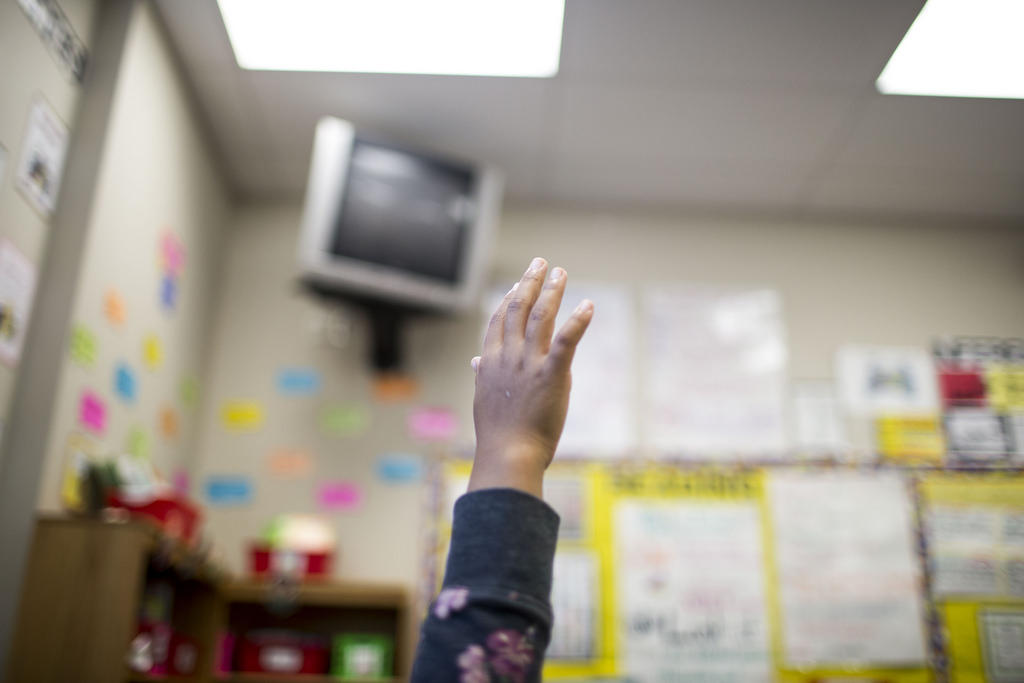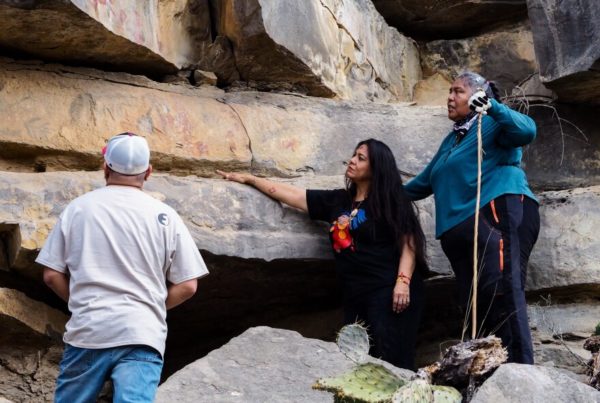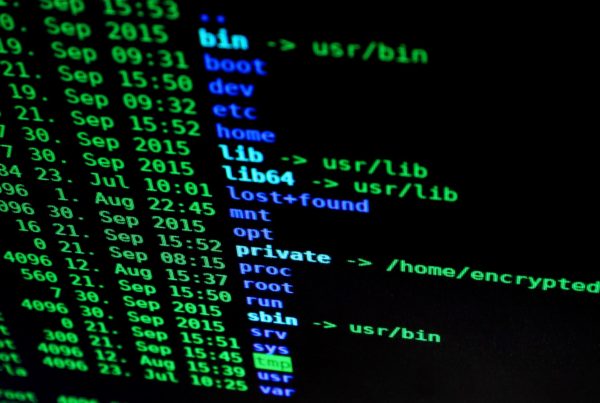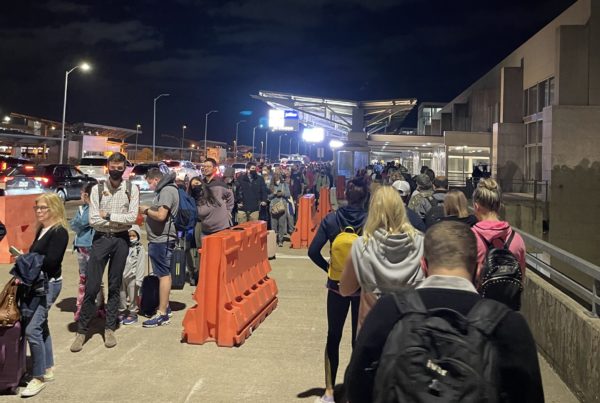The Houston Chronicle found five million Texas kids have gone without appropriate mental health care in schools over nearly ten years.
They report many Texas students are only offered the services of a counselor, a social worker, nurse or school psychologist. But their investigation “found that no Texas school district had the recommended number of all four of these positions.”
Stephanie Lamm is a data journalist with the Houston Chronicle and Alex Stuckey is an investigative reporter. Their in-depth work is being made available online and in print editions of the paper this weekend. For more understanding of the scope of their work, listen to the audio player above or read the transcript below.
This transcript has been edited lightly for clarity.
Texas Standard: When we talk about mental health care providers in schools. What specific professions are we talking about and what are the recommendations?
Alex Stuckey: So we’re talking about counselors, social workers, school psychologists and nurses. And these are four positions that the Department of Education has kind of earmarked as being critical in identifying mental health issues early in kids. And there are national and state associations that sort of set what they consider to be the appropriate kind of level of professional-to-kids in schools. And so for counselors, that’s one to 250. That’s also one to 250 for social workers. They say that there should be one psychologist for every 500 kids and one nurse for every 750 kids.
How did Texas districts do in staffing at those recommended levels?
Stephanie Lamm: So we found only about 140 districts last year met the appropriate ratio for counselors. And so 98% of students attended districts without the recommended number of counselors on campus. For psychologists, just 25 districts met the standard and only four met the standard for social workers, and most of them were really small schools with less than 300 kids. So maybe they had one social worker on staff.
How many districts are there total in Texas?
Lamm: More than 1,200.
What about state mandates? Are there a certain number of mental health providers per student required under state law?
Lamm: Not in Texas. Other states do have mandates, so Oklahoma has a mandate where schools need to have one counselor for every 450 students. And there’s the same law in Arkansas that just passed in 2019.
How is this lack of mental health resources in school districts impacting students in Texas?
Stuckey: What we found is kids are not getting the care that they need. There are some places where there are thousands of kids per psychologist and this is especially problematic as we’re seeing all these studies about how COVID has affected the mental health of young kids. And you know, they’re returning to schools and there’s no one there to help them. And so we’ve talked to a number of families who have said that they kind of find themselves between a rock and a hard place because even if their their child is performing well in school, mentally, they are not well. And there’s really nothing that schools can do about it because not only is there not a mandate in Texas for these positions, but there’s also not dedicated funding for these positions. And the TEA (Texas Education Agency) just sort of leaves it up to schools to decide how they want to spend the money.
What are some of the stories you heard from families and kids?
Stuckey: We’ve talked to kids who’ve had to be pulled out and homeschooled because they weren’t receiving the help in the classroom that they needed. We’ve talked to families who [have found] that the lack of mental health care in their school kind of led to this spiral into continuing to not get help and ending up in jail. And so it really does have a huge impact, not just at school, but after.
What did you find about why mental health professionals are not being hired or maintained at an adequate level in districts across Texas?
Stuckey: When we talked to superintendents who, in most districts, have the final say in hiring, they said it just comes down to money. They’re left looking at hiring more teachers, maybe an assistant principal or hiring a school counselor. The effort has really been focused on hiring teachers lately, and some of these support positions, mental health positions have fallen to the wayside. And so they look to grants actually, many of them, in order to staff these mental health positions.
In surveying all of these districts did you find that any were getting it right?
Stuckey: So we actually had to drive all the way up to Sanger, which is very close to the Oklahoma border to find a school district that we felt like was doing it right. [Sanger doesn’t] meet all of the recommended ratios outlined by these associations, but they really work hard to pull in grants to work with philanthropic organizations, faith-based organizations to approach this in kind of a different and interesting way that sort of treats the kids like the humans that they are — addressing the issues from where they start, not just how they’re manifesting in the classroom.
And is this having an effect that you can see, that you can measure when it comes to students’ ability, performance, protection and care?
Stuckey: Oh yeah. We talked to so many families, so many kids who — they were never going to graduate from high school. You know, they had been through many, many different schools that had all said, ‘This child is too difficult. We can’t handle them. We can’t accommodate their needs.’ And then they came to Sanger and they graduated or they’ve gotten back on track. Positive reinforcement as opposed to punishment has made a difference in their life. It was very nice for us to see like, here’s what can happen. You know, this isn’t all dire. This can be done.”














